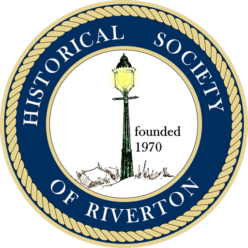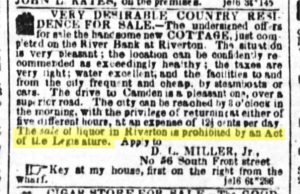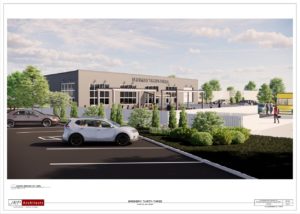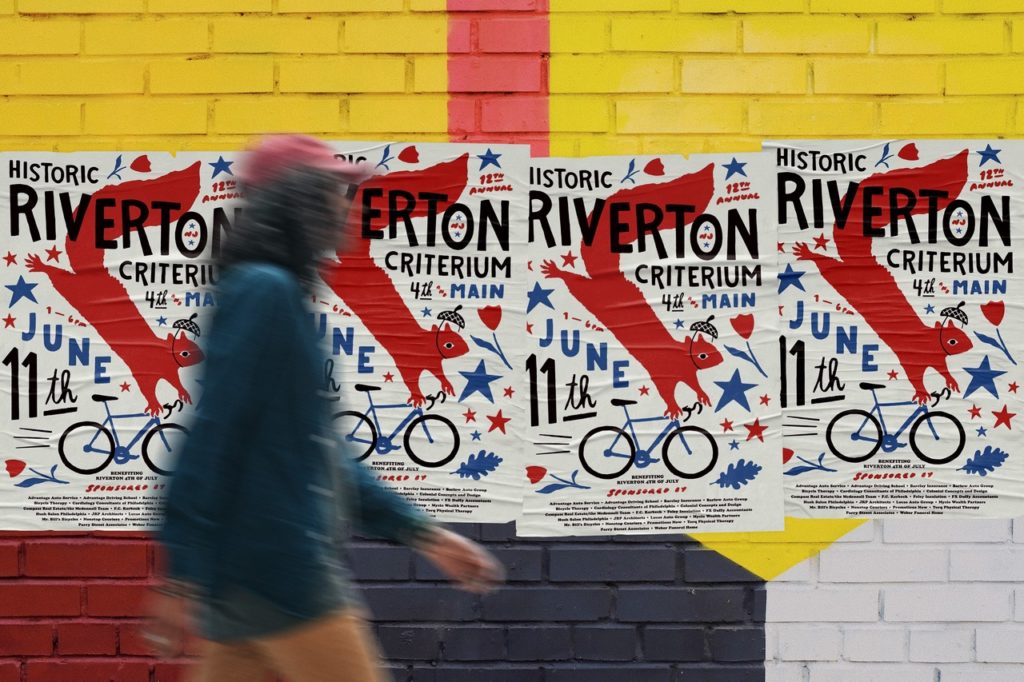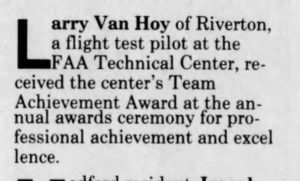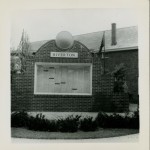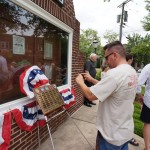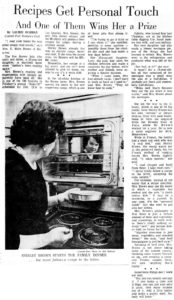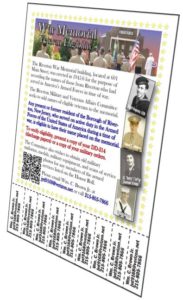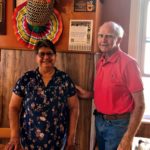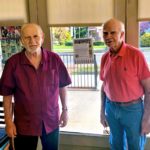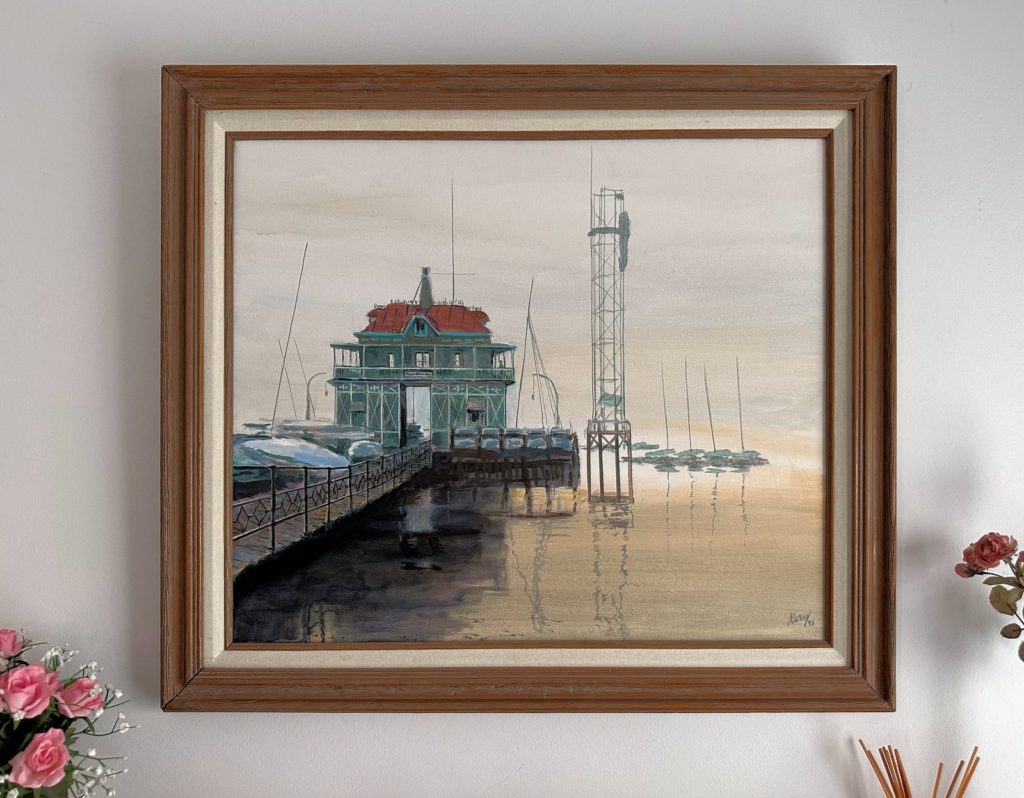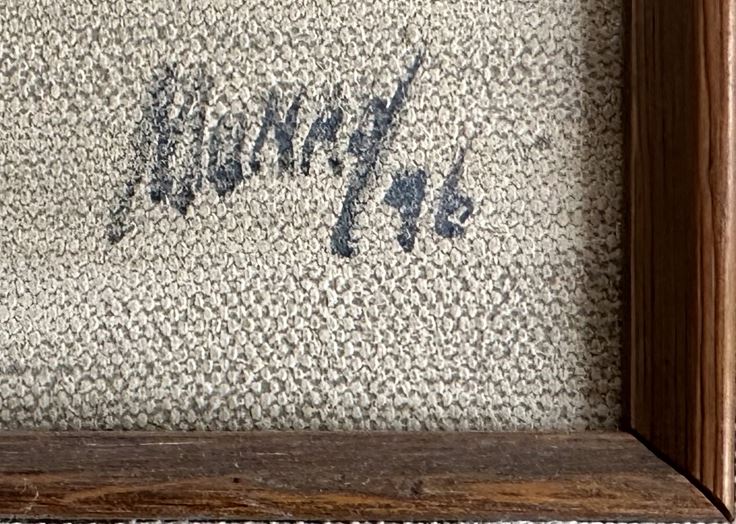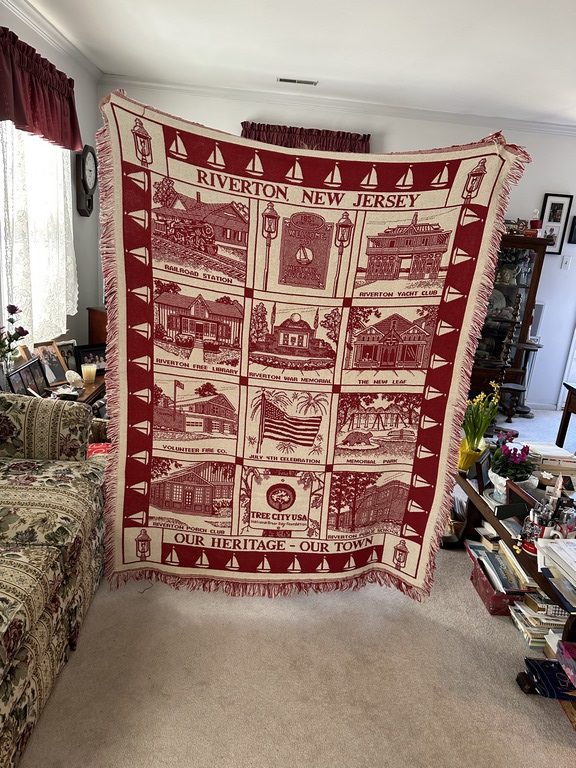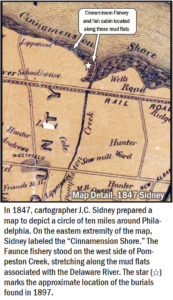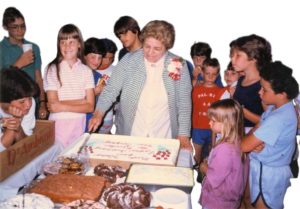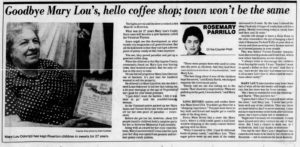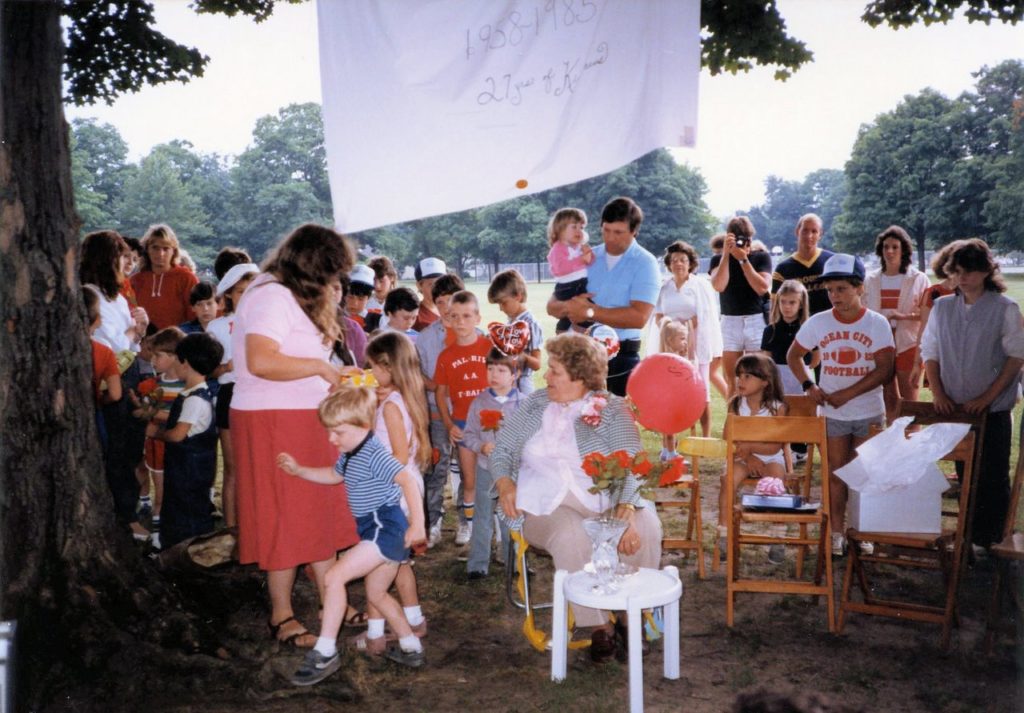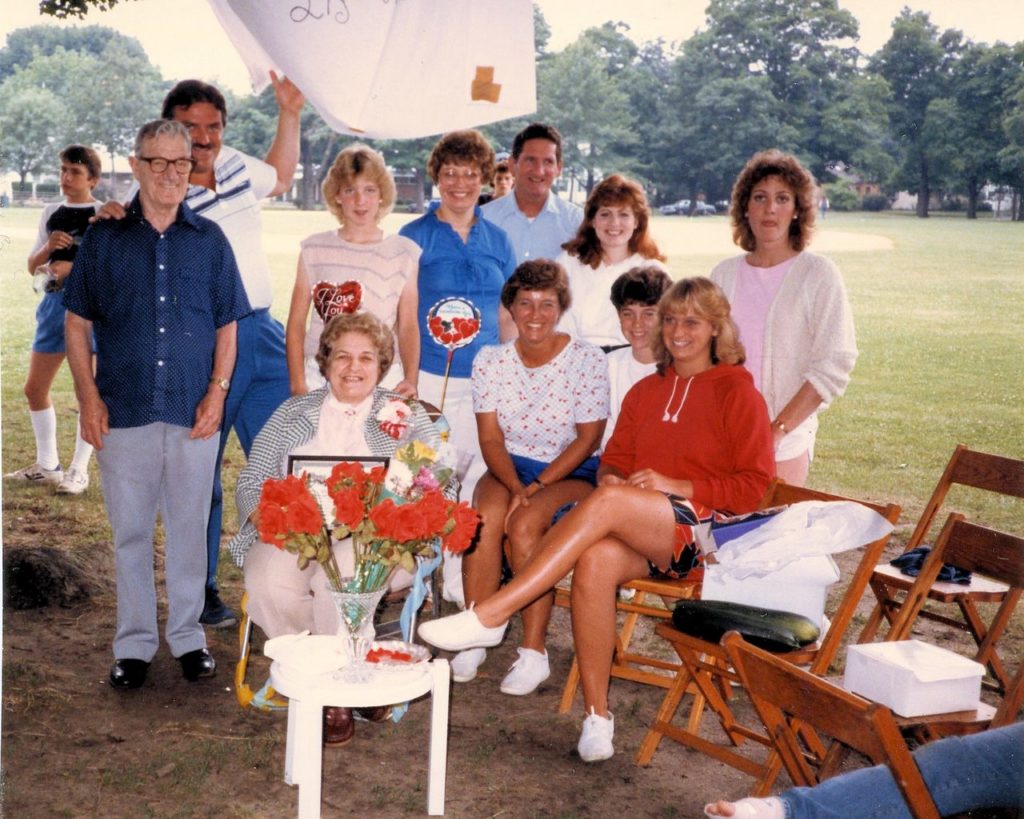Hi everyone –
Mike Solin here. It’s hard to believe this is actually the first time I’ve posted! If you’ve been reading this website for a while, you might have caught mention of me throughout the years. Though Mr. McCormick has been posting this entire time, I’ve handled the technical aspects – silently keeping things running in the background, but also, doing my best to implement any site improvements that Mr. McC has requested.
I want to direct your attention to the latest edition of the Gaslight News, which Mr. McC published at the end of June. Amongst other items, it contains a farewell from outgoing HSR President Bill Brown, a recap of the HSR Awards Night, and an article about Ada E. Price coauthored by Patricia Smith Solin (my Mom!).
With so much packed into a single issue, you could be forgiven for not scrolling towards the end. However, you’d miss Mr. McC’s announcement that he’s retiring from the Historical Society of Riverton as of July 1st, 2023. His bio now reads:
Teacher at Riverton School 1974-2019, author, amateur historian, Historical Society of Riverton Board Member 2007-2023, newsletter editor 2007-2023, website editor 2011-2023
I’ve been very, very lucky to have such a partnership with Mr. McCormick. At Riverton Public School, he was my 5th grade teacher, tag teaming with Mrs. Dechnik. Between the two of them, they covered nearly every subject. During my 7th and 8th grade years, Mr. McC moved up to the third floor, and taught History. Mr. McCormick helped me develop an appreciation for both science and history, and Mrs. McCormick fostered my love for technology in the computer lab.
Years later, in spring 2010, both HSR President Gerald Weaber and Gaslight News editor Mr. McC reached out to my Mom for help with a revamp of the website. Having already built the first website for Riverton Public School, she had recently rebuilt the Riverton Free Library’s website, and they were seeking her experience. Here’s a fun email from that era:
From: John McCormick
Date: Mon, May 17, 2010 at 11:24 AM
To: Pat SolinHi, Pat
I hand delivered most of the Gaslight News issues myself. I’m glad that I won’t have to think about that again until August. Gerald has been so busy with his new job that I seldom see him. I jogged his memory about the website last night when I emailed him asking if he’d be able to post the pdf file of the most recent issue. I was just perusing the HSR website and thinking what a huge undertaking it will be to re-do that job. I am available whenever things quiet down for you. Say when, and I will come with mass quantities of files.
John
“Huge undertaking,” eh? He wasn’t kidding.
Months later, on the Fourth of July, Mr. McC stopped by my parents’ house to discuss the website redesign project. Realizing the complexity of the website that the Historical Society required, I volunteered to build something brand new with WordPress, a free and open source publishing tool. We spent months on the first iteration – uploading old Gaslight News back issues, building photo galleries, and more. By January, we’d have a fully redesigned website. In February 2011, we held a meeting to discuss the new website at the Riverton Public School library.
In addition to the many functional improvements associated with the new website, we brought the cost of running everything from $99/year (what Homestead charged) to $0/year (thanks to the continued generosity of DreamHost). At that time, we also launched our Facebook page, which has helped keep us connected with the community at large.
Of course, Mr. McC hasn’t been “sitting around, eating bonbons” (as he’d put it) since this website launched in 2011. Besides writing 587 posts, he’s also produced numerous editions of the Gaslight News, scanned too many postcards and photos to count, designed and printed custom mugs, and so much more to support Riverton history.
I’m immensely proud to have worked with Mr. McCormick on this “huge undertaking” for the past 13 years. Please join me in expressing appreciation for all that he’s done for the Historical Society of Riverton for nearly two decades!
